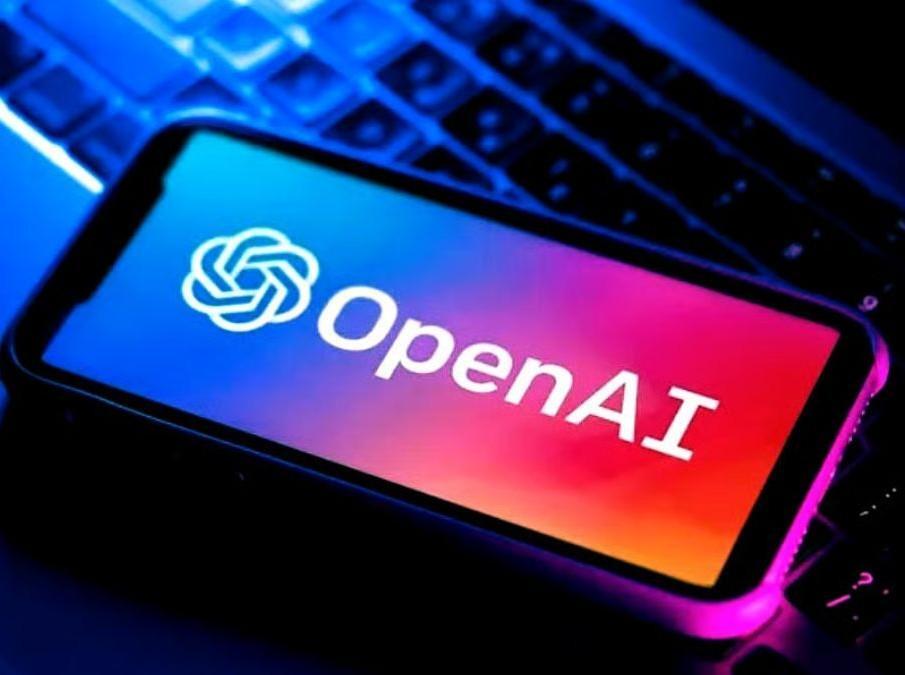
OpenAI Releases Downloadable AI Models for Public, Offline Use
In a groundbreaking move, OpenAI, a leading artificial intelligence research organization, has released two AI models, gpt-oss-120b and gpt-oss-20b, for public download and offline use. This decision marks a significant shift in the company’s approach to AI development and deployment, allowing anyone to access and utilize these powerful tools without relying on internet connectivity or expensive subscriptions.
The release of these models is a major milestone in the history of AI development, as it enables anyone to download and run the full models on their own computer. This means that individuals and organizations can now exercise full control over the AI models, without being beholden to OpenAI or any other third-party entity. This level of autonomy is unprecedented in the AI industry, where most AI models are typically hosted online and require internet access to function.
The gpt-oss-120b and gpt-oss-20b models are variants of OpenAI’s popular GPT (Generative Pre-trained Transformer) language model. GPT is a type of AI model that has been trained on vast amounts of text data, enabling it to generate human-like language and respond to user input. The gpt-oss-120b model is a larger and more advanced version of the GPT model, with 120 billion parameters, while the gpt-oss-20b model has 20 billion parameters.
The release of these models is significant not only because of their advanced capabilities but also because of the unprecedented level of accessibility they offer. Traditionally, AI models like GPT have been confined to online platforms, requiring users to rely on internet connectivity to access and utilize them. This limitation has made it difficult for individuals and organizations to use AI models in offline environments, such as areas with limited internet connectivity or in situations where data security is a major concern.
By releasing the gpt-oss-120b and gpt-oss-20b models for public download and offline use, OpenAI is enabling a new level of autonomy and flexibility in AI development and deployment. This move is expected to have far-reaching implications for various industries, including healthcare, finance, education, and more.
The benefits of these downloadable AI models are numerous. For instance, medical researchers can use the models to analyze medical data and develop new treatments without relying on internet connectivity. Financial institutions can use the models to analyze and predict market trends without worrying about data security breaches. Educators can use the models to develop personalized learning tools and materials without being limited by internet connectivity.
Another significant benefit of these downloadable AI models is their cost-effectiveness. Traditionally, accessing and using AI models has required significant investments in infrastructure, software, and personnel. With the release of these models, individuals and organizations can now access advanced AI capabilities without incurring exorbitant costs.
The release of these models is also significant because of the potential for community-driven development and innovation. By making the models available for public download and offline use, OpenAI is encouraging a community-driven approach to AI development, where individuals and organizations can contribute to the development and improvement of the models.
In conclusion, the release of the gpt-oss-120b and gpt-oss-20b models by OpenAI is a major milestone in the history of AI development. This move marks a significant shift in the company’s approach to AI development and deployment, enabling individuals and organizations to access and utilize advanced AI capabilities without relying on internet connectivity or expensive subscriptions. The benefits of these downloadable AI models are numerous, and their potential impact on various industries is expected to be significant.
Source:






